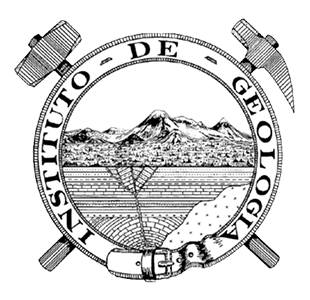Abstract
The main purpose of this work was to study and understand the interaction that occurred between an acid solution spilled from Buenavista del Cobre Mine and the soils located in the Bacanuchi River area. The question put forward in this work was: if the soils of the area were able to cushion the impact of the acid solution?. Two soil profiles were examined: Profile 8A, was located on the riverbank and was affected by the spill, whilst Profile 8B, located on the first terrace of the river valley, remained intact . Both soils profiles were chemically characterized. An additional three surface samples (0-30 cm) were taken for geoavailability tests (RBI, SB2, belonging to Profile 8B, and SB3, belonging to Profile 8A). Two further samples, representing typical unaltered soils of profiles 8A and 8B, were taken for their micromorphological study. The results showed a difference between the two profiles, with profile 8A having more acidic pH, greater electrical conductivity, and higher concentrations of Fe, Pb, Cu and As than profile 8B. The geoavailability test showed that the elements enriched in SB3 were stable and not available to the aqueous phase. The soils of Bacanuchi River contain carbonates, which interacted with the acid solution and stabilized the potentially toxic elements presents in the spilled acid solution. This interaction with carbonates promoted a new minerals formation such as gypsum and copiapite. So, the release of contaminants from soil to surface and ground waters is improbable, unless the redox conditions change or a new spill occurs releasing the potentially toxic elements (PTE) to the environment. In this work we show the importance of pedogenic carbonates in soils of arid and semi-arid environments; these carbonates represent a natural geochemical barrier, that can prevent the migration of PTEs in mining areas.

This work is licensed under a Creative Commons Attribution 4.0 International License.
Copyright (c) 2019 Maria Yazmin Rivera-Uria, Francisco Martín Romero, Sergey Sedov, Daniel Ramos, Elizabeth Solleiro-Rebolledo, Jaime Díaz-Ortega












